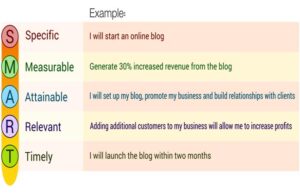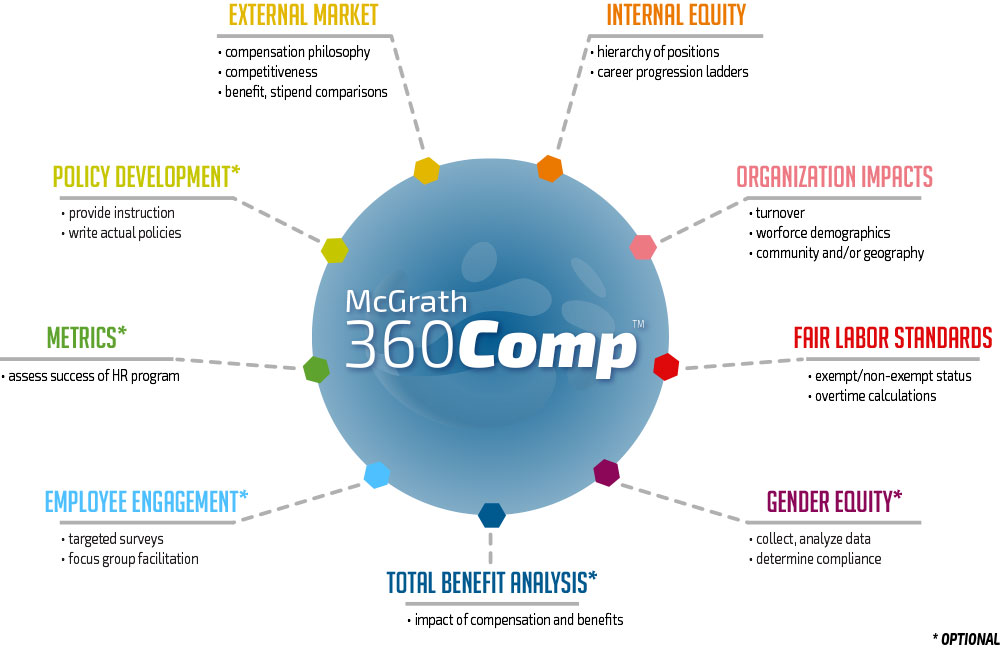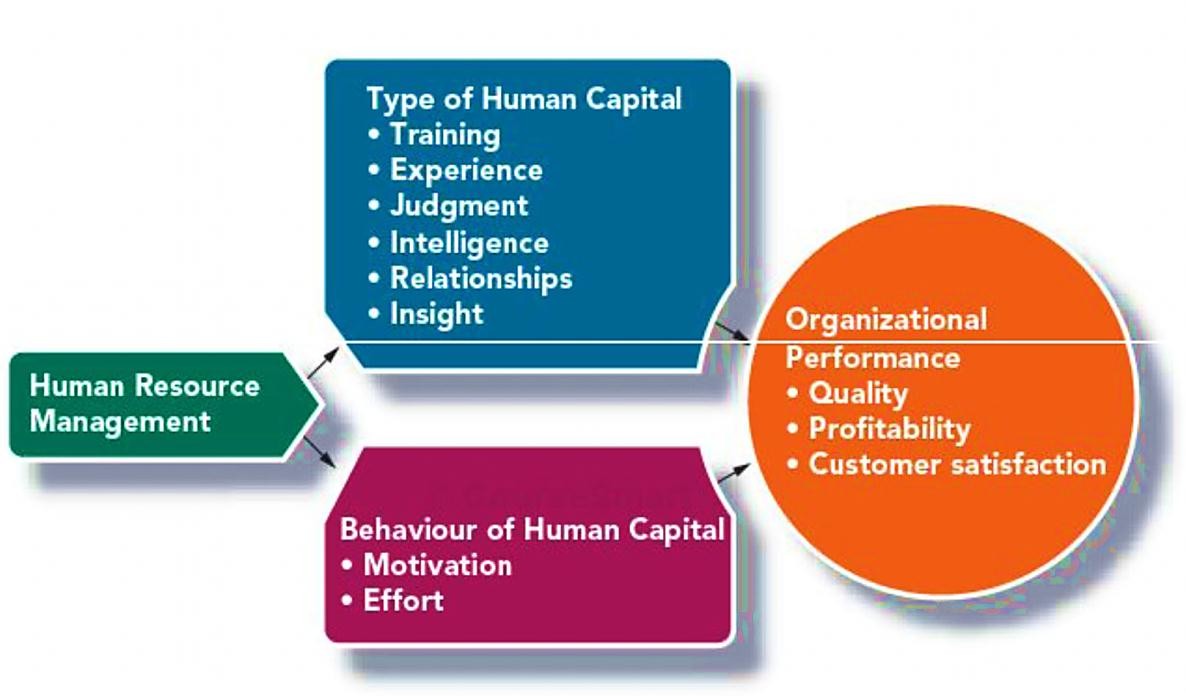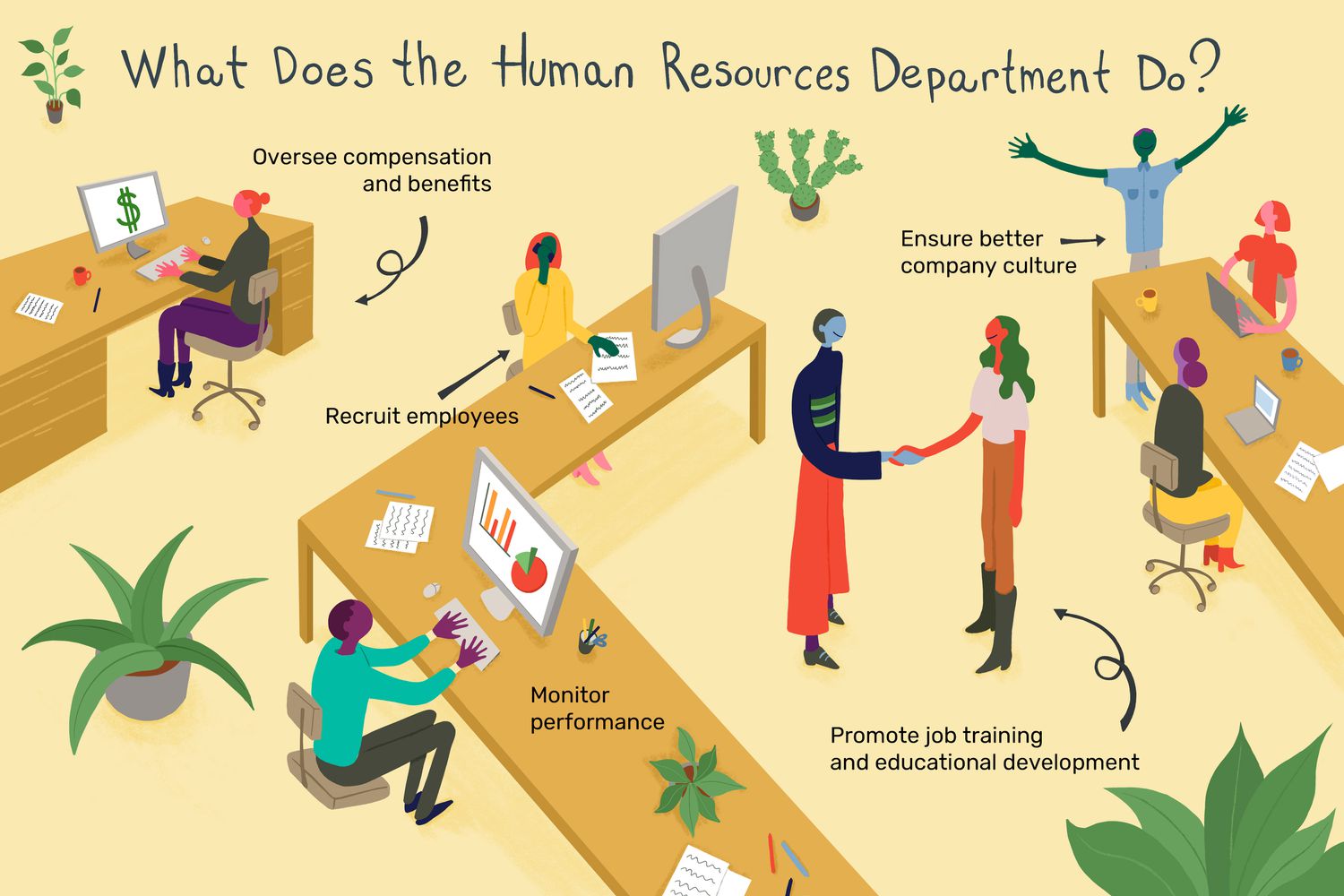Introduction to Human Resources
The efficient functioning of a company depends on various factors, and one crucial factor is the presence of a well-managed human resources (HR) department. HR is one of company resources and it plays a strategic role in ensuring the success of an organization by managing the company’s most valuable asset – its people.
Understanding the Role of Human Resources in Companies
The primary responsibility of HR is to recruit, hire, and retain top talent. They handle all aspects of the employee lifecycle, from onboarding and training to performance management and career development. HR ensures compliance with labor laws and regulations, maintains employee records, and manages payroll and benefits administration. Additionally, HR fosters a positive work atmosphere by handling employee relations, addressing conflicts, and promoting employee engagement and well-being.
The Importance of Human Resources in Organizational Success
The HR department acts as a strategic partner to the organization, aligning HR policies and practices with the company’s goals and objectives. Here are several key reasons why HR is vital for the success of a company:
- Talent Acquisition and Retention: HR professionals are responsible for attracting qualified candidates and retaining top talent. They create recruitment strategies, conduct interviews, and develop retention programs to ensure the company has the right people in the right positions.
- Employee Development: HR designs and implements training and development programs to empower employees to grow personally and professionally. They also promote continuous learning and skill development to keep employees motivated and engaged.
- Performance Management: HR establishes performance evaluation processes and provides guidance and support to managers and employees to maximize performance and productivity.
- Compliance and Risk Management: HR ensures legal compliance with labor laws, regulations, and company policies, minimizing legal risks and fostering a fair and inclusive work environment.
- Employee Well-being: HR promotes employee wellness programs, work-life balance initiatives, and handles employee concerns to create a positive and healthy work environment.
By understanding the role and importance of HR, companies can leverage the expertise of HR professionals to drive organizational success and employee satisfaction.

Recruitment and Selection
Attracting and Hiring Top Talent
Human resources play a crucial role in attracting and hiring top talent for a company. They are responsible for creating and implementing effective strategies to attract qualified candidates. This involves developing job descriptions, posting job advertisements, and leveraging recruitment channels such as online job boards, social media platforms, and professional networks. Human resources also conduct initial screenings to shortlist candidates who meet the job requirements and company culture.
Effective Strategies for Employee Selection
Human resources are responsible for the selection process, ensuring that the right candidates are chosen for each position. They review resumes, conduct interviews, and administer assessments to assess candidates’ skills, qualifications, and fit within the company. Additionally, human resources may collaborate with hiring managers to finalize the selection decision.
Furthermore, human resources professionals ensure compliance with legal and ethical standards throughout the recruitment and selection process. They safeguard against discrimination by following equal opportunity and diversity principles. In addition, they maintain confidentiality and handle sensitive candidate information with utmost care.
Human resources also coordinate the onboarding process for new employees, which includes completing necessary paperwork, conducting orientation sessions, and facilitating the integration of new hires into the company culture. They ensure that employees receive the necessary training and support to become productive members of the organization.
Overall, human resources play a critical role in securing top talent for a company. From attracting and selecting candidates to facilitating their integration, human resources professionals contribute to building a skilled and diverse workforce that drives organizational success.
Training and Development
The Significance of Employee Training and Development
One of the critical functions of Human Resources is to ensure the training and development of employees within a company. This function is essential for several reasons.
Firstly, employee training and development help improve the knowledge and skills of individuals, enabling them to perform their roles more efficiently. With the rapidly changing business landscape, keeping employees updated with the latest trends and best practices is crucial for their professional growth and the success of the organization as a whole.
Secondly, training and development programs foster employee engagement and morale. When employees feel that their development is valued and supported by the company, they are more likely to be motivated, committed, and satisfied in their work. This, in turn, can have a positive impact on productivity and employee retention.
Implementing Effective Training Programs
Human Resources plays a vital role in designing and implementing effective training programs for employees. Here are some key steps involved:
- Needs Assessment: HR conducts a thorough assessment to identify the specific training needs of the employees and the organization as a whole. This could include analyzing skill gaps, conducting surveys, and gathering feedback from managers and employees.
- Developing Training Materials: HR works closely with subject matter experts or external training providers to develop training materials, such as manuals, online modules, and hands-on exercises. These materials should align with the identified needs and learning objectives.
- Delivery and Evaluation: HR coordinates the delivery of training programs, whether through in-person workshops, online platforms, or a combination of both. They also measure the effectiveness of training through evaluations and feedback from participants to continuously improve the programs.
By prioritizing employee training and development, Human Resources contributes to the growth and success of the company by enhancing employee skills, engagement, and satisfaction.

Employee Relations and Engagement
Building Positive Employee Relations
One of the key responsibilities of the Human Resources (HR) department is to build and maintain positive employee relations within a company. This involves creating an environment that fosters open communication, trust, and mutual respect between employees and management.
To achieve this, HR professionals are responsible for developing and implementing policies and procedures that promote fairness and equality in the workplace. They also handle employee complaints and grievances, ensuring that they are dealt with promptly and fairly. In addition, HR professionals play a crucial role in promoting diversity and inclusivity within the organization, ensuring that all employees are treated with respect and dignity.
Strategies for Employee Engagement and Retention
Another important function of HR is to focus on employee engagement and retention. Engaged employees are more likely to be motivated, productive, and committed to their work. HR professionals work closely with management to develop strategies that enhance employee engagement and create a positive work culture.
Some common strategies for employee engagement and retention include providing opportunities for professional development and growth, offering competitive compensation and benefits packages, implementing work-life balance initiatives, and recognizing and rewarding employee achievements.
HR also plays a vital role in talent management, attracting and recruiting new employees who align with the company’s values and goals, and ensuring that existing employees are given opportunities for career advancement.
In conclusion, the role of HR in a company extends far beyond traditional administrative tasks. Human Resources professionals are key drivers of building positive employee relations, fostering engagement, and retaining top talent within the organization. Their efforts contribute to a motivated and productive workforce, which ultimately leads to the success of the company.

Performance Management
Setting Goals and Expectations
The human resources department plays a crucial role in managing and improving the overall performance of employees within a company. One of the key responsibilities of HR is to set clear and achievable goals and expectations for employees. By outlining specific performance targets and objectives, HR helps employees understand what is expected of them and provides them with a roadmap for success. This not only ensures that employees are working towards the same objectives, but it also allows HR to assess and measure individual and team performance effectively.
Performance Appraisals and Feedback
Another important function of HR is conducting performance appraisals and providing feedback to employees. Performance appraisals are formal evaluations that assess an employee’s performance, strengths, areas for improvement, and alignment with the organization’s goals. HR professionals evaluate individual performance based on predetermined criteria, providing employees with valuable feedback and guidance for improvement. Constructive feedback enables employees to enhance their skills and make necessary adjustments to meet performance expectations. Additionally, HR can identify high-performing employees who may be suitable for career advancement or development opportunities within the company.
HR also facilitates ongoing communication and feedback between managers and employees throughout the year. Regular check-ins and conversations help track progress, address any concerns or issues, and ensure that employees feel supported and engaged in their work. By actively monitoring performance and providing timely feedback, HR helps create a culture of continuous improvement and encourages employees to develop their skills and reach their full potential.
In summary, the human resources department actively manages employee performance by setting goals and expectations, conducting performance appraisals, and providing constructive feedback. By implementing effective performance management strategies, HR contributes to the overall success and growth of a company.

Compensation and Benefits
Human resources play a crucial role in designing and implementing compensation and benefits programs for a company. These programs are essential for attracting and retaining top talent, as well as ensuring employee satisfaction and motivation. Here are two key areas where human resources make a significant impact:
Designing Competitive Compensation Packages
Human resources professionals are responsible for conducting market research and analysis to determine competitive compensation rates for different roles within the organization. They take into account factors such as industry standards, geographic location, job responsibilities, and employee experience.
Based on this research, they develop compensation packages that align with the organization’s budget and strategic goals. This includes determining base salaries, bonuses, incentives, and other forms of compensation such as stock options or profit-sharing plans.
In addition to designing compensation packages, human resources also play a crucial role in communicating and implementing these programs. They ensure that employees understand their total compensation and the contributions made by the organization towards employee benefits.
Providing Valuable Employee Benefits
Human resources professionals also manage and administer employee benefit programs. These programs are designed to enhance the overall employee experience, promote work-life balance, and contribute to employee well-being. Common benefits can include health insurance, retirement plans, paid time off, flexible work arrangements, and employee wellness programs.
Human resources teams ensure that the company complies with legal requirements and industry best practices when it comes to providing employee benefits. They negotiate with insurance providers, evaluate different plan options, and communicate benefit offerings to employees. Additionally, they assist employees in understanding and utilizing their benefits effectively.
By providing competitive compensation packages and valuable employee benefits, human resources professionals contribute to creating a positive work environment and attracting and retaining top talent. Their expertise in these areas helps to ensure that employees are motivated, engaged, and satisfied, ultimately driving the success of the company.

Compliance and Legal Responsibilities
Ensuring Compliance with Employment Laws
One of the primary responsibilities of human resources (HR) is to ensure that the company complies with all relevant employment laws and regulations. HR professionals stay up-to-date with local, state, and federal laws to ensure that the company’s policies and practices align with legal requirements. They are responsible for tasks such as keeping records of employee documentation, ensuring fair and non-discriminatory hiring practices, and managing employee benefits to comply with laws like the Americans with Disabilities Act (ADA), the Fair Labor Standards Act (FLSA), and the Family and Medical Leave Act (FMLA). By successfully meeting compliance obligations, HR helps the company avoid legal issues and potential penalties.
Handling Employee-related Legal Issues
In addition to ensuring compliance, HR plays a crucial role in handling employee-related legal matters. They are responsible for addressing workplace disputes, investigating employee complaints, and implementing appropriate corrective actions when necessary. HR professionals are well-versed in company policies, employee handbooks, and legal procedures, allowing them to navigate potential legal issues efficiently and effectively. They may also assist in resolving matters related to harassment, discrimination, or violation of company policies. By addressing legal issues promptly and appropriately, HR helps protect the company’s reputation, mitigate risks, and create a fair and inclusive work environment.
In conclusion, HR departments play a vital role in ensuring compliance with employment laws and handling employee-related legal matters. By staying abreast of legal requirements, implementing fair practices, and addressing legal issues promptly, HR professionals contribute to the overall success and smooth operation of the company. Their expertise and diligence help protect the organization from legal risks, foster positive employee relations, and promote a legally compliant and ethical work environment.

HR Administration and Record-Keeping
Human Resources (HR) plays a critical role in any organization. Its main responsibility is to manage the people within the company and ensure that they are happy, productive, and compliant with company policies. Here are some key functions that HR performs:
Maintaining Employee Records
One of the primary tasks of HR is to maintain accurate and up-to-date employee records. This includes information such as personal details, employment contracts, payroll records, and performance evaluations. Keeping organized records is essential for legal compliance and for reference in case of any disputes or inquiries.
In addition to personal information, HR also tracks and records employee benefits, leave balances, and attendance records. These records are crucial for ensuring that employees receive the correct benefits, accurately tracking attendance, and managing leave requests effectively.
Managing HR Information Systems
HR departments rely on HR information systems (HRIS) to streamline their administrative tasks. These systems help HR professionals manage employee data, track time and attendance, process payroll, and generate reports. HRIS eliminates manual paperwork and allows HR teams to focus on strategic initiatives rather than administrative tasks.
Moreover, HRIS often includes self-service portals where employees can update their personal information, access company policies, and submit leave requests. This empowers employees to take ownership of their HR-related tasks and reduces the administrative burden on HR staff.
In conclusion, HR administration and record-keeping are essential functions within any organization’s human resources department. By maintaining accurate employee records and utilizing HR information systems, HR professionals can effectively manage the workforce and ensure compliance with company policies and legal requirements.

The Impact of Human Resources on Company Success
Human Resources (HR) plays a vital role in the success of any company. They are responsible for managing the organization’s most valuable asset – its employees. Here are some key functions that HR fulfills to contribute to company growth and achievement of objectives.
Firstly, HR is involved in the recruitment and selection process. They identify talented individuals who possess the skills and experience required for specific roles within the company. By ensuring the right people are hired, HR helps to build a strong and capable workforce.
Secondly, HR is responsible for training and development programs. They work closely with managers to identify skill gaps and develop training initiatives that enhance employee performance. These programs not only improve individual capabilities but also contribute to the overall growth and productivity of the company.
Additionally, HR is involved in performance management. They establish performance benchmarks, conduct performance evaluations, and provide feedback and coaching to employees. By nurturing a culture of continuous improvement, HR helps employees reach their full potential and motivates them to achieve organizational goals.
Furthermore, HR plays a crucial role in employee engagement and retention. They create strategies to foster a positive work environment, promote employee well-being, and ensure a healthy work-life balance. By addressing employee concerns and providing opportunities for growth and development, HR helps to create a motivated and loyal workforce.
Common Misconceptions about HR
Despite their important role, there are some misconceptions about HR that need clarification. Firstly, HR is not just an administrative function. They play a strategic role in aligning HR policies and practices with the overall business goals. Secondly, HR is not solely responsible for resolving employee conflicts. While they do facilitate conflict resolution, it is a collaborative effort involving managers and employees.
In conclusion, HR serves as a critical support function within a company. Their efforts in recruitment, training, performance management, and employee engagement contribute significantly to the success and growth of the organization. It is important to recognize the valuable contributions that HR professionals make in managing human capital and creating a positive work environment
Suman(Kul Prasad) Pandit is an accomplished business professional and entrepreneur with a proven track record in corporate and start-up sectors in the UK and USA. With a focus on sustainable business practices and business education, Suman is highly regarded for his innovative problem-solving and commitment to excellence. His expertise and dedication make him a valuable asset for businesses seeking growth and success.

